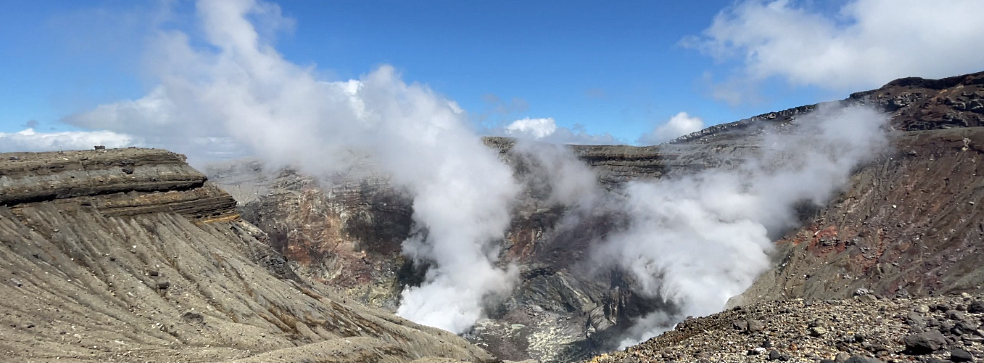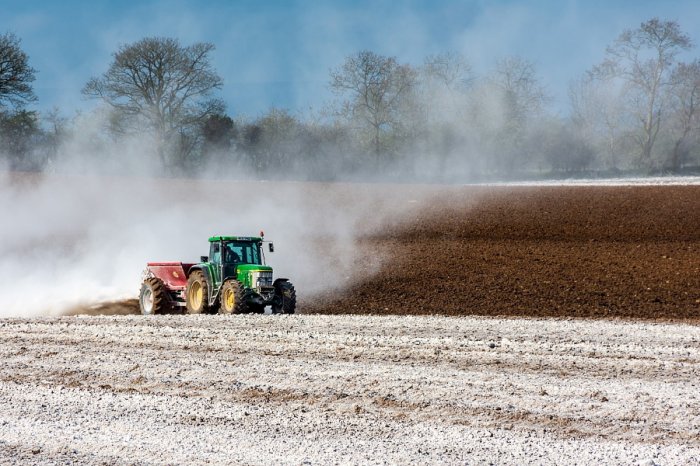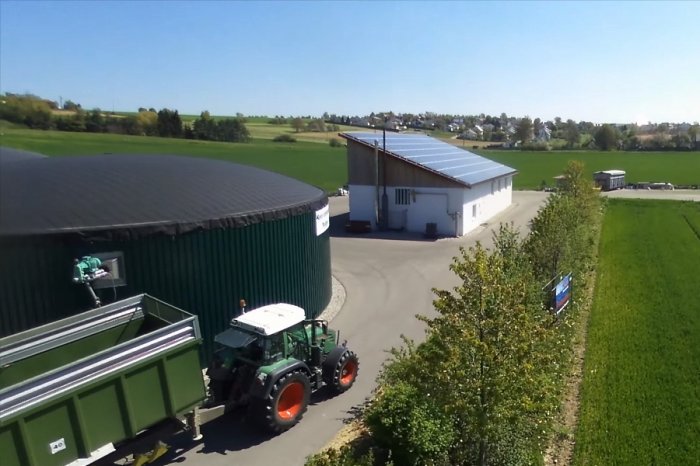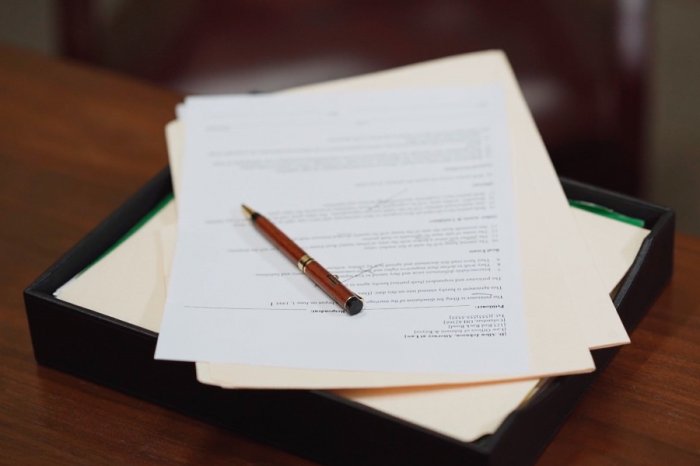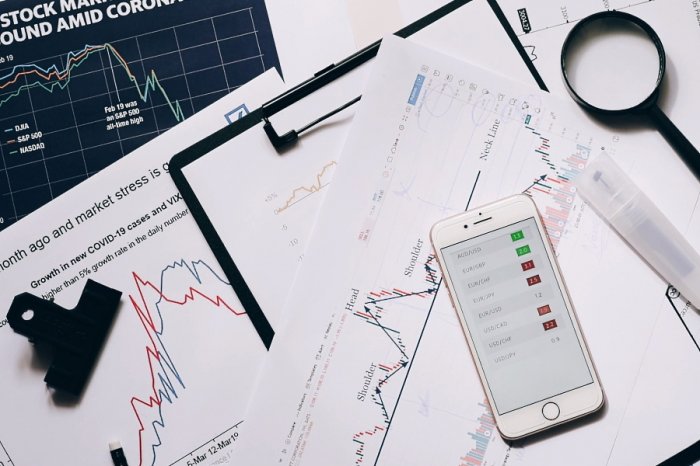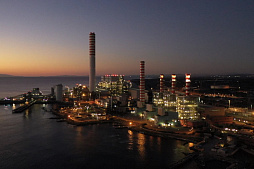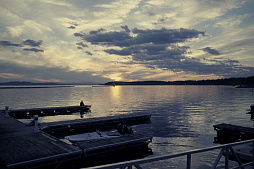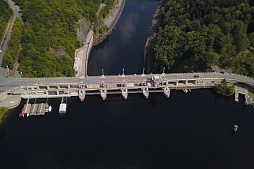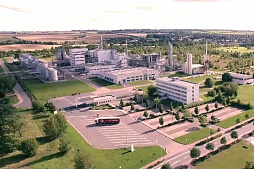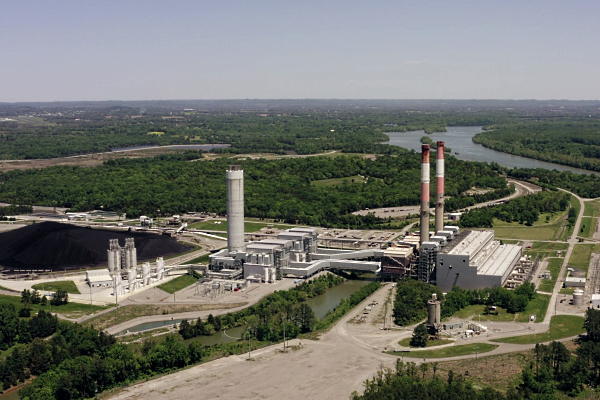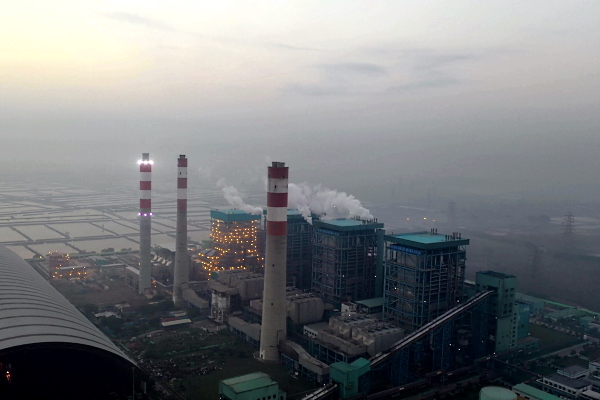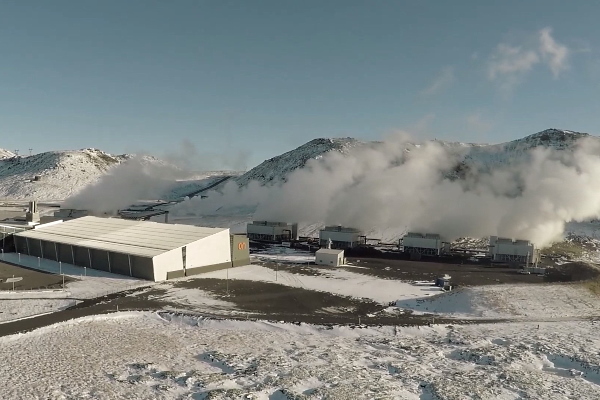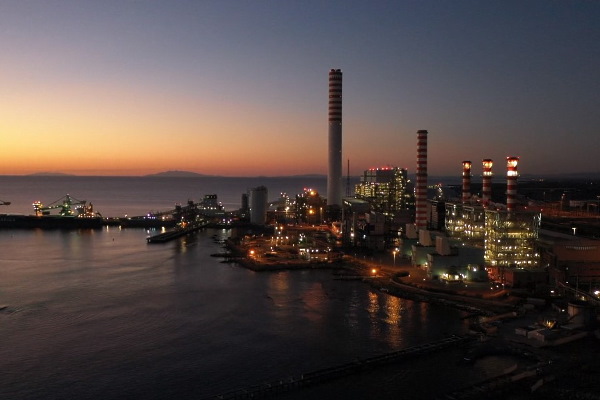To consider an application for financing, fill out the form and send it to us by e-mail along with the project brief, or contact our experts
The financing of geothermal power plants in Germany gained particular importance in 2021 following the rise in natural gas prices.
Heat production at facilities of this type has reached 19.4 billion kWh, 11% higher than the previous year.
About 10% of renewable heat in this country comes from geothermal energy and other environmentally friendly heating systems.
There are many good locations for geothermal projects in Germany, but their development bottleneck is access to long-term debt capital. According to the generally accepted rule, the stage of the greatest risk of the project, including the drilling of the first well, should be financed from the capital of the project initiators.
Each geothermal project must be designed in such a way that it can overcome typical barriers to access to finance and find suitable capital providers.
The development of large geothermal project requires significant resources, gives the investor almost no exit option and brings modest returns over a long period of time. A typical geothermal project costing 50 million euros is usually 25-30% financed by the project initiators' capital, which are invested in the earliest stages of development. Further expansion of the project will depend on the availability of capital.
Profitability increases little in the process, but the chance of successful implementation increases significantly.
The greater the depth of the well, the higher the risks of the project and the greater the requirements for the participation of the project initiators. The cost of building deep geothermal energy facilities in Germany can range from 20 to 100 million euros and even more. However, depth usually means higher profits in the long run.
Many municipalities no longer participate as project initiators due to lack of free funds.
Therefore, the financing of geothermal power plants in Germany is primarily in the focus of attention of private investors and banks.
High profits can usually only be achieved in large geothermal projects in good locations with high temperatures, provided that 3-4 or more wells are used and, accordingly, the project budget reaches hundreds of millions of euros. Such costs create interest in additional financial services, such as loan guarantees and insurance.
Skywalk Investment Group, a European company with extensive international practice, offers long-term loans for the construction of geothermal power plants in Germany. We also organize project finance tools and provide clients with a wide range of additional services, including guarantees, financial modeling and consulting.
The potential of geothermal energy in Germany
Geothermal energy refers to thermal energy stored in the earth's crust.Geothermal energy can be used for heating, cooling and electricity generation. In Germany, the temperature in the earth's crust rises by an average of 3 degrees for every 100 meters.
Accordingly, near-surface and deep geothermal zones have very different temperature levels that can be used for electricity generation and heating.
Innovative German companies and their investors not only finance traditional energy projects based on the use of surface heat sources, but also develop new technologies for the production of geothermal energy hidden at great depths. In particular, wells with a depth of about 5000 meters or more are being drilled, which make it possible to effectively use a huge temperature difference.
Geothermal heating
More than half of Germany's energy needs are used to produce heat, either to heat buildings or as heat for industrial processes.Currently, 85% of this heat has been generated using fossil fuels, i.e. coal, oil and gas. As Germany wants to become climate neutral by 2045, investments in geothermal energy and other green technologies are critical for the country. So far, geothermal heat has been used sparingly in Germany, but this will change in the future thanks to revolutionary science-based plans and close cooperation between the federal government, the federal states, the largest banks and other financial institutions.
Heat networks are powered by geothermal energy from deep sources and provide heat to entire residential areas in some federal states, especially in southern Germany.
If the temperature is high enough, electricity can also be generated using a geothermal power plant.
Geothermal energy is independent of the weather and continuously produces green electricity all year round. At a depth of 5 kilometers, the water has a temperature of 180 degrees Celsius, regardless of the season. This hot water can be directly pumped and used for district heat networks or as heat for industry.
Currently, Germany operates more than 440,000 "shallow" geothermal systems for water heating and heating.
However, the number of deep geothermal facilities barely exceeds 40, with a total installed capacity of about 360 MW.
These geothermal systems are unevenly distributed across the country.
Suitable underground pools of hot water are only available in certain regions, especially in northern Germany, the Rhine-Ruhr metropolitan region, the Upper Rhine Plain and the Munich area.
To cover Germany's needs in geothermal energy, funding for new geothermal power plants should be increased hundreds of times in the coming decades. In particular, by 2030, it is planned to drill about 4,000 new wells with a depth of up to 20,000 meters. This would be necessary to achieve the political goal of making heating 50% climate neutral by 2030. As of 2022, this indicator is only 15%.
From an engineering point of view, the temperature and permeability of the rock in the productive horizon determines the successful use of geothermal energy.
In most cases, there is sufficient thermal water and good permeability from the start of drilling, but this can also be increased by hydraulic and chemical methods.
Potential environmental impacts include induced seismicity and damage to aquifers and contamination of surface water used for drinking water supply. However, high-quality engineering solutions allow for good management of environmental risks if legal requirements are followed and appropriate warning systems are used.
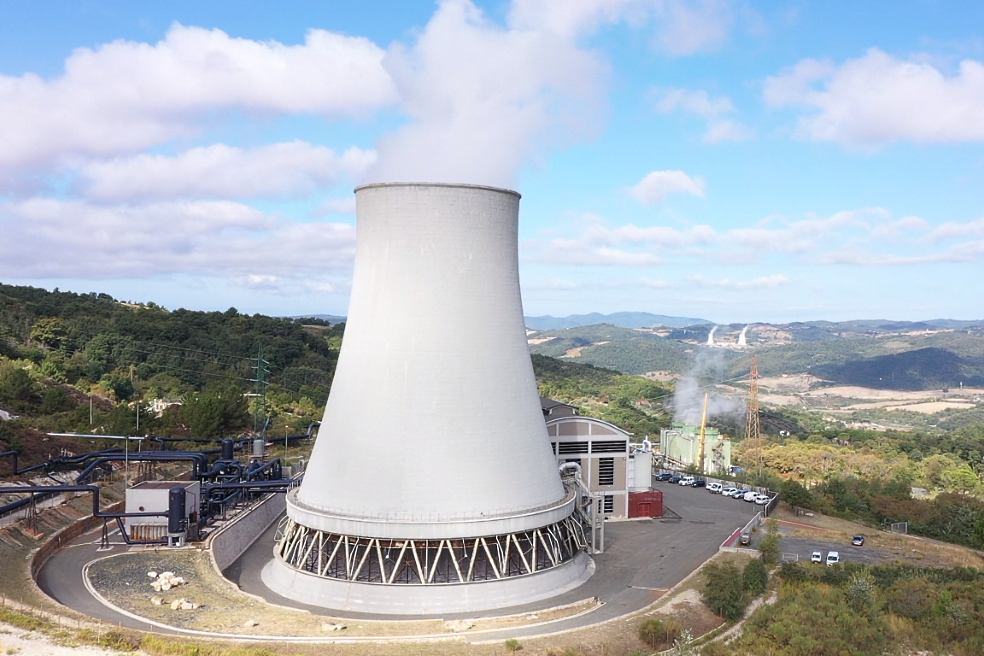
In a geothermal demonstration plant funded by the Federal Ministry for the Environment in Unterhaching near Munich (Bavaria), the main forms of heat generation and power generation have been combined. It was the first installation of its kind in the southern German Molasse basin, which was in operation in the 2000s.
Later, the first large-scale geothermal heat network was established in Germany with the neighboring municipality of Grünwald.
By using a link, this exchange makes better use of both systems and further reduces the share of non-renewable energy.
Electricity production
Deep geothermal power plants operate in Insheim, Unterhaching, Grünwald, Dürrnhaar, Sauerlach, Kirchstockach, Traunreut, Landau, Bruchsal and other cities.However, the installed capacity of most facilities today does not exceed 5.5 MW.
An environmental assessment of geothermal power generation by German scientists has shown that it can contribute to a sustainable energy supply both today and in the future. The environmental impact of these innovative facilities is locally limited and well controlled. Generating electricity and heat from geothermal facilities, along with other renewable energy sources, represents an environmentally friendly alternative to fossil fuels that already allows energy companies to decrease CO2 emissions.
A study called Energy Target 2050 conducted by the Federal Environmental Protection Agency found great potential for generating electricity from geothermal energy.
A further development of the RESCUE study scenarios from 2019 considers the financing of geothermal power plants in Germany as an important tool for a future greenhouse gas-neutral heat supply.
Heat from deep geothermal sources can contribute to the decarbonization of existing district heat networks or the expansion of district heating as part of energy system transformation and thus contribute to the achievement of Germany's climate goals at the municipal level. Many large banks, companies and even private investors are now interested in financing geothermal projects that can bring large profits in the medium and long term.
Moreover, the government is interested in supporting geothermal energy as one of the levers for ensuring Germany's energy independence.
Regarding the profitability of geothermal energy in Germany, the experience of previous systems makes us quite optimistic. In particular, production costs are around 3 cents per kWh, making geothermal systems competitive against fossil energy. In the next 10 years, experts expect large investments in geothermal power plants, which are estimated at 50-60 billion euros.
For now, it remains a joint task of the government and the private sector. To achieve this goal, the federal government must promote the use of geothermal energy by more than 1 billion euros per year.
Loans for construction of geothermal power plants in Germany
In geothermal projects, temperature primarily determines whether electricity can be generated at a particular location. On the other hand, whether geothermal energy can be used to supply heat depends on potential consumers.It is also important for project sponsors to determine the key direction of cash flows. In the electricity project, these are preferential tariffs for electricity under long-term agreements, and in the heat projects, the main role is played by income from the sale of heat. In practice, this determines different concepts of financing geothermal projects.
The use of deep geothermal energy is already a success story in Germany, where dozens of facilities are successfully operating.
Investors no longer need to play a pioneering role.
Debt financing in the form of long-term loans from local banks is considered one of the main financial instruments for the construction of large geothermal power plants and their electrical infrastructure.
Because financing geothermal energy projects requires relatively little capital investment, obtaining a loan for such projects can in some cases be easier than financing large wind farms or solar power plants. In any case, a successful loan agreement requires the presentation of a high quality project, a compelling business plan and technical documentation to potential lenders.
Nevertheless, the financing of geothermal power plants in Germany is still a serious problem.
On the other hand, RES projects have special features and usually require many years of experience of the financial team to evaluate them qualitatively and find the optimal lending model.
It is extremely difficult to find small commercial banks with the tradition and experience of financing geothermal projects. Although bankers show a favorable attitude towards such opportunities and usually do not exclude this area from lending opportunities.
In order to receive long-term financing from commercial banks, the owner of a geothermal project must meet the general conditions that are set in any other lending area.
Moreover, in recent decades, some governments and international organizations have encouraged such projects by providing guarantees and other support.
Banks, for their part, are more willing to lend to their regular customers, having information about their business and financial results. Each project is assessed individually by banking experts, and the terms of the loan agreement may vary significantly depending on this assessment.
Long-term loans
First of all, banks seek to make a profit. For this, the possibilities and risks of financing the geothermal project must be adequate.To date, many German banks have little or no experience with the geothermal energy sector.
Given the limited human resources and the small number of geothermal projects on the market, they also have little opportunity to use the accumulated knowledge.
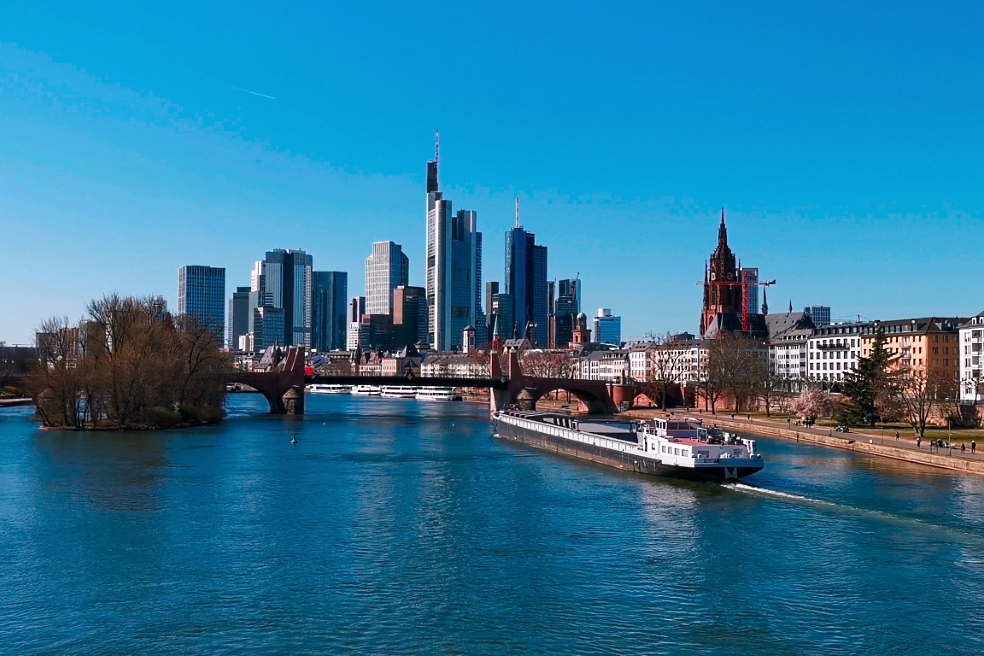
At the same time, German financial institutions often refuse to issue a large loan for the construction of a geothermal power plant, despite a high-quality business plan and sufficient collateral. This is especially true of private projects, while most municipal projects are well perceived by savings banks and cooperative financial institutions.
Experts distinguish two basic financing models.
First, it is municipal financing for geothermal projects.
Secondly, this is classic bank financing of projects, in particular for the construction of power plants after the completion of the drilling phase.
Municipal financing corresponds to a project with a long-term development goal. Banks usually set only limited requirements for financing the drilling stage and the first kilometers of the heating network, which are covered by internal and external sources of capital. The initiator of the project (municipality) assumes responsibility, for example in the form of municipal guarantees. If there is sufficient collateral, in this model external capital, including investment loans, becomes available after the first well is found.
EBITDA to debt service ratio requirements are typically 1.0 to 1.2. Interest rates are currently in the range of 2-3% per annum. The term of financing can reach 20 years, and the fixed interest rate is maintained for 10 years.
Project finance
In some schemes, the project initiator is not responsible for financing the geothermal facility.Security is provided by a special purpose vehicle (SPV) with its investments, assets and income. This requires a clearly completed and defined project to which funding is tailored. A geothermal project generates a reliable income only when it is put into operation and when the income is guaranteed by law (EEG).
The highest chance of making money exists as soon as possible after drilling is completed. Debt coverage ratio requirements in project finance schemes are usually between 1.2 and 1.5.
Loan terms are usually from 15 to a maximum of 20 years.
According to experts, the initiators should prepare for interest rates in the range of 3-6% per annum.
In addition, there are significant monitoring and structuring costs.
For classic project finance, banks set high requirements for the project and the involved companies. This is reflected in the intensive due diligence process, for which the project begins to bear costs from the earliest stages.
Similar criteria apply to municipal financing, albeit in a weaker form due to the different collateral basis. The planning and capital raising period lasts at least 6 months.
If a geothermal project is approved for a loan, banks put forward numerous conditions for issuing loans and supporting financing.
German banks protect themselves with project and municipal financing, primarily using market mechanisms and possible benefits from insurance companies.
There is also a long list of additional conditions with which banks try to limit their credit risk. In case of violation of these additional conditions, the project initiators should expect a change in the terms of the loan or even termination of the loan agreement.
If you require financing for a large geothermal project or are interested in financial consulting services, please contact Skywalk Investment Group for details.



